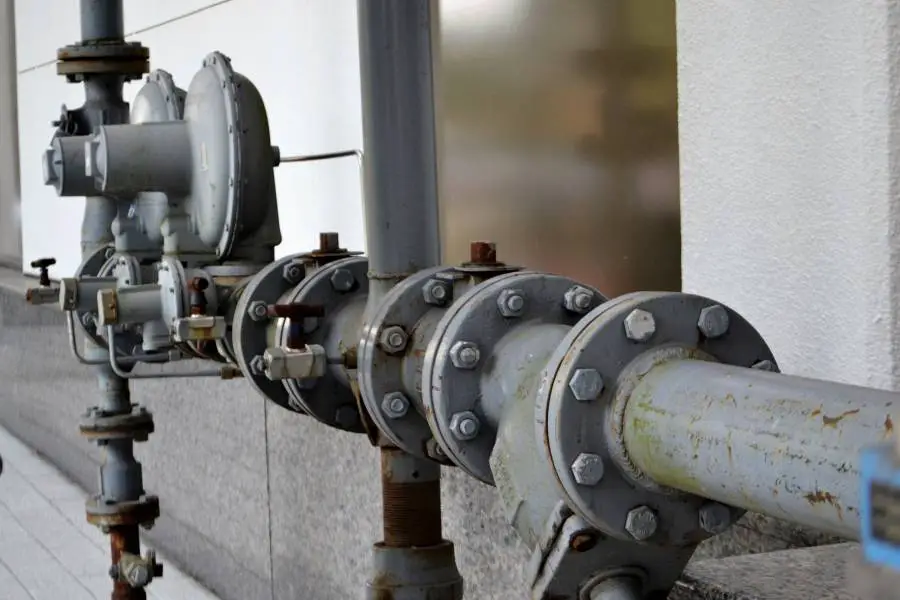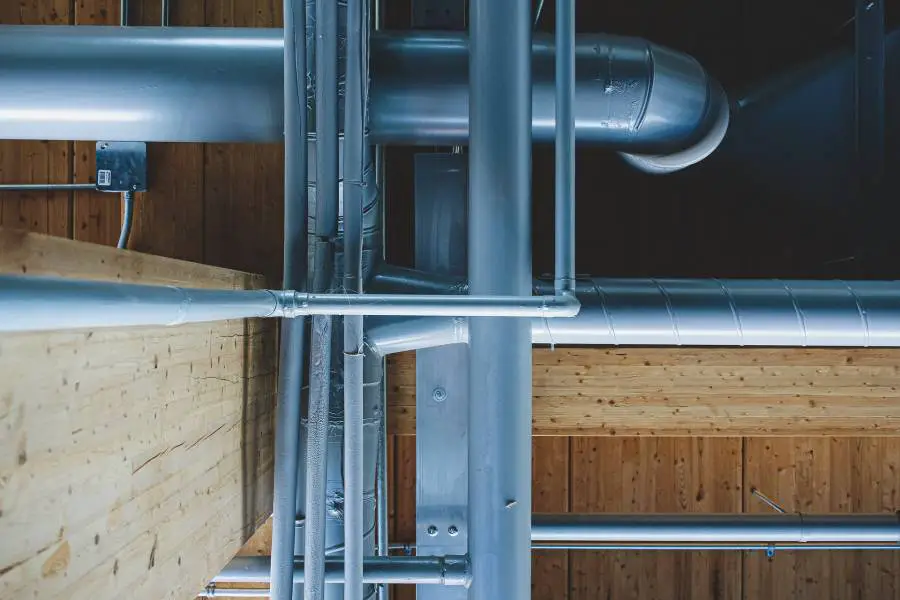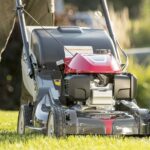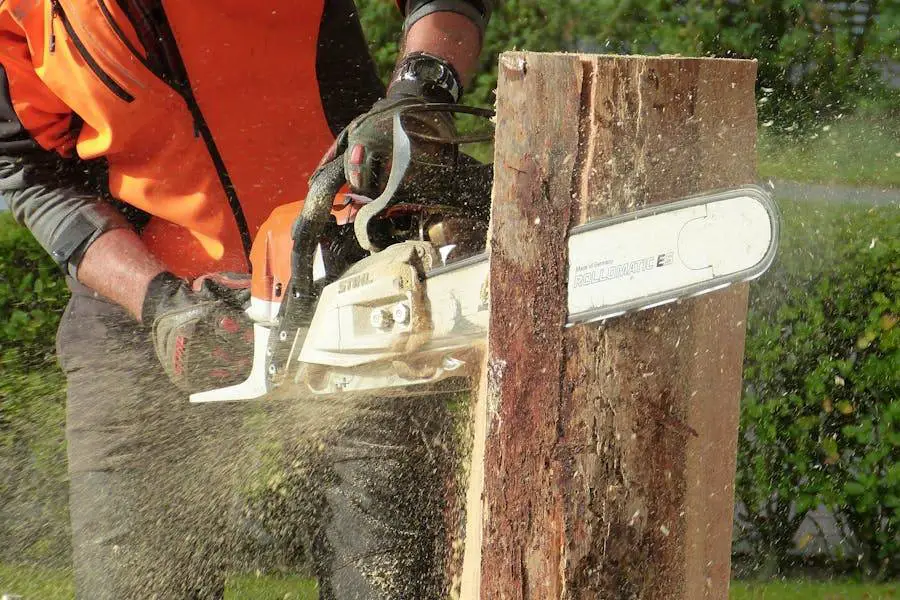Table of Contents
A number of us ignore plumbing until something goes wrong. It can be those unusual sounds coming from your water line. The sounds range from rattling to long-term vibrations from within the walls.

Apart from the new noises from the pipes, the hot water system starts behaving strangely. The faucets sputter, too, as the water flows erratically. All this is due to air trapped in the water lines.
While this might not harm your plumbing in any significant way, it must be fixed. The sounds and sputtering water become irritating with time.
What Are The Signs Of Air In Water Lines?
The presence of air in your water lines can be indicated by:
- Banging or loud noise is coming from your pipes. It frequently occurs when the water is at low pressure.
- To sputter loudly when the water tap is on.
- Irregular flow due to air in water pipes. A gurgling sound will be heard as the water travels through the pipe.
How Does Air Enter Your Water Lines?
Air enters your water lines in a variety of ways. The primary cause of air in water lines is water system maintenance. It does not have to take place at your home.
It can take place as a result of maintenance work on the water main or the neighborhood.
At homes, the source of air in water lines is determined by the water system installed. This can either be in the hot or cold water pipes. Below are some other causes of air in water lines.
- Leaks in water pipes
- Air discharge from hot water
- A damaged well pump
- A burst water tank bladder
- A stuck water softener check valve
- Defect in the air volume control
- Air overcharge in pressure tanks
- Gases in well water
- Failure of the check valves
To ascertain the source of air in water pipes, you can investigate the following;
Hot Water System
The water heater occasionally allows air into the water lines. When boiling water, little pockets of air erupt at various places.
These air pockets will rise to the surface and be driven away before the hot water flows. It is why a hot water faucet gurgles before producing a constant stream of hot water.
It can fool you that there is air in the water lines.
Check The Water Valves
Air in water lines enters through valves. A water pump has two valves, the foot valve, and the check valve. If any of the valves are loose, outside air could be entering into the system.
Make sure the valves are tightly fixed and there’s no visible intake. Note that a leak in the pipes does not necessarily cause air into the pipes.
It is because the force of the water outflow will usually prevent air from entering.
Water Level
If the water level from which your pump takes water recedes, air will enter the water lines. It can be a result of too many demands on the water.
The solution is, lengthening the line that runs from the pump to the water source. To increase the reach of your line, you might require a professional plumber.
How To Get Air Out Of Your Water Lines?
1. Cut Off The Water Supply
Getting the air out of your water lines requires following a clear pattern. You need to know the location of every faucet and valve in your home.
This way, you will be able to turn them on and off during the process. To get started, shut off the water supply at the main valve.

2. Turn On All Water Taps
Getting the air out of your water lines requires the water to flow freely around the house. To achieve this, you have to keep the pressure low by turning on the taps slightly such that it’s flowing steadily.
All taps and machines that use water should be turned on to allow the water in the pipes to flow out.
Turn the taps on in a sequence to achieve better results, starting with those close to the main water supply valve.
3. Empty All Toilet Tanks
In the second step, the main purpose is to keep the taps dry. The water pipes to the toilets still hold water. To get rid of it, flush all your toilets.
It’s crucial to note that you should flush the lavatories after the water has ceased flowing in all other facets.
4. Turn On The Main Water Supply
After flushing the toilets, the water pipes will be dry. It’s time to allow water to start flowing from your water taps.
Turn on the main valve and let the water flow through all taps for some time. You should wait until all toilet tanks, dishwashers, and washing machines are full.
As the water flows, you should be listening to any strange sound from the pipes. In case of any, it means that air is still in your water pipes.
5. Turn Off All Taps
With the water flowing steadily, start turning off the taps, dishwashers, and washing machines. By following a reverse order, you’ll have removed air from your water lines successfully.
How To Get Rid Of Air In Hot Water System?
If a water heater is not cleaned regularly, sediments build up and trap air. Sediment build-up is frequent in well-fed water systems.
Cleaning the system allows the trapped air to escape, allowing you to fix it in a matter of hours.
Follow the steps below to get air out of your hot water systems.
Step 1: Cut off the power supply
Turn off the electricity supply to the water tanks using the circuit breaker. If it’s gas-fed, turn off the pilot light on the gas heater.
Step 2: Allow the tank to cool
Allow the tank to cool by turning on the cold water tap and closing the hot water taps in the house. It prevents air from being drawn into the tank during the purge.
It should take at least 30 minutes for safety reasons.
Step 3: Drain the tank
Begin draining the tank when the cold water fills it. Connecting a pipe to the drain tap and emptying it somewhere else is a good idea.
Filling a bucket with water won’t work because air will enter as you close and open the tap. The trapped air is forced out by the rushing cold water. Allow for some time for this to run until the water is clear.
Step 4: Close the drain tap and turn on the power supply
After draining, close the drain tap and allow the tank to fill. Once full, restore the power and test to confirm it’s no air is in the water pipes.
Air in water lines can be bothersome. It’s irritating from weaker flow due to reduced pressure, rusting, and corrosion of pipes to inconsistent output or sputtering faucets.
However, it’s crucial to note that the sound from pipes is not necessarily from trapped air. It can be as a result of a water hammer.
Final Word
As you can see, with a few maintenance skills, confidence, and this step-by-step guide, you can get the air out of your water lines. If unable to, consider hiring a professional plumber.







![Hot And Neutral Reversed But Wired Correctly [Causes + Solutions] Hot And Neutral Reversed But Wired Correctly [Causes + Solutions]](https://homesteadandprepper.com/wp-content/uploads/2022/06/Hot-And-Neutral-Are-Reversed-But-Wired-Correctly-150x150.jpg)
